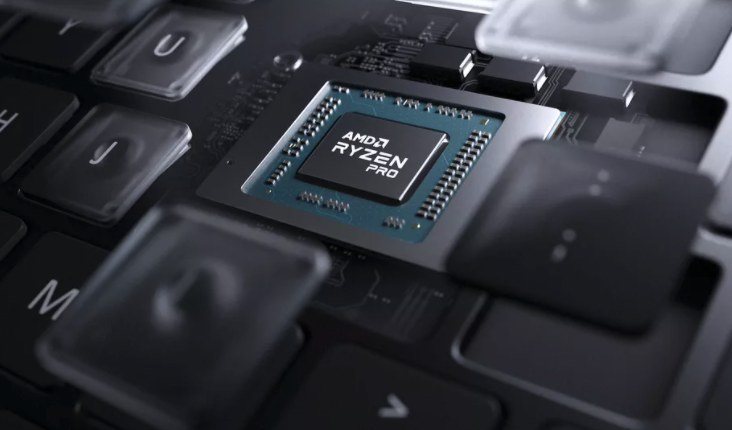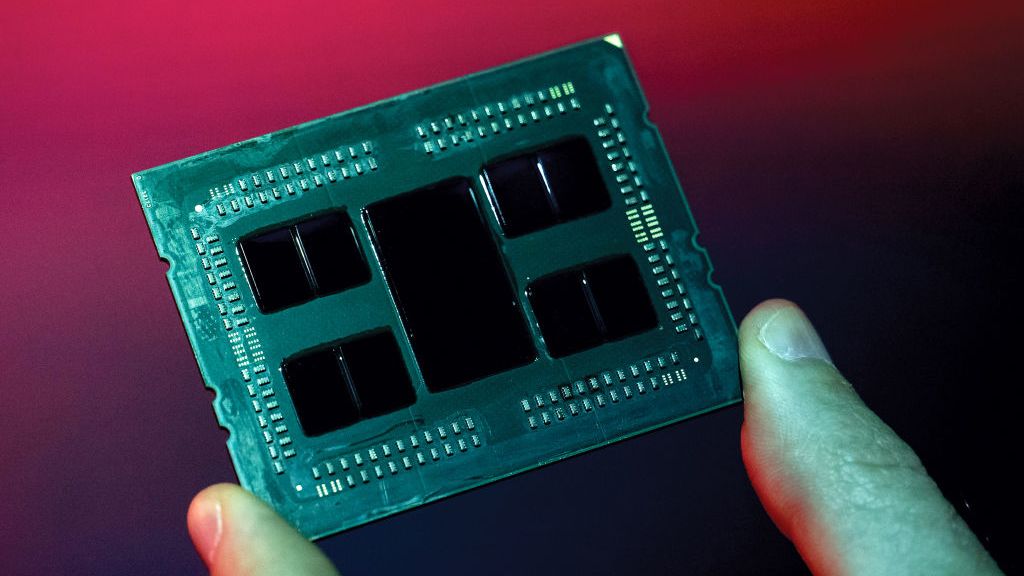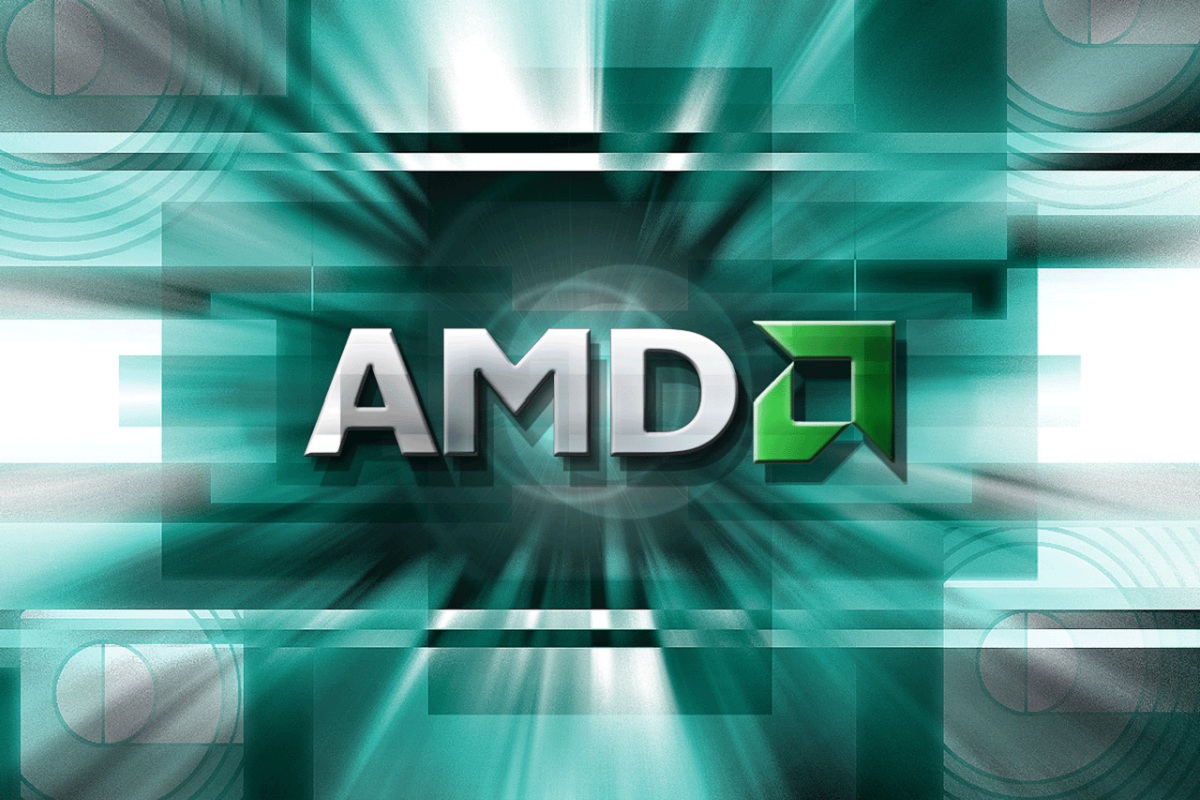AMD and Microsoft fix Ryzen performance in Windows 11
Both companies shipped software updates to address two performance issues


AMD and Microsoft have released fixes for performance issues impacting Ryzen processors in Windows 11. The fixes appeared in an update on AMD's website addressing the problem.
Two fixes resolve two separate issues that slowed Ryzen performance on Windows 11 systems. The first is an update to Windows itself. KB5006746 addresses a performance issue with L3 cache latency that slowed some games by up to 15%, according to AMD. Other memory-subsystem-sensitive applications could see a 5% slowdown.
An AMD chipset driver update, 3.10.08.506, addresses a second issue concerning a lack of support for AMD's preferred cores feature, which chooses the most appropriate core for thread scheduling. This issue was more likely to affect processors using over eight cores above 65 watts.
Issues with Ryzen processors on Windows 11 emerged earlier this month, when AMD warned of decreased performance. The problems prompted AMD to advise users against upgrading to Windows 11.
The hardware problems were the latest disappointment surrounding Windows 11, which launched in confusion after Microsoft revealed the operating system would not support some processor hardware. This forced the company to tweak its compatibility requirements for the new system, identifying some PCs running on seventh-generation Intel and AMD Zen 1 processors that it could support.
AMD first launched Ryzen processors in 2017, and it now supports up to 16 cores and has been a major contender in the PC space against Intel's x86 chips. It recently launched the 5000 Pro series of chips for business laptops, which AMD claims outperform Intel's 11th generation options.
Get the ITPro daily newsletter
Sign up today and you will receive a free copy of our Future Focus 2025 report - the leading guidance on AI, cybersecurity and other IT challenges as per 700+ senior executives
Danny Bradbury has been a print journalist specialising in technology since 1989 and a freelance writer since 1994. He has written for national publications on both sides of the Atlantic and has won awards for his investigative cybersecurity journalism work and his arts and culture writing.
Danny writes about many different technology issues for audiences ranging from consumers through to software developers and CIOs. He also ghostwrites articles for many C-suite business executives in the technology sector and has worked as a presenter for multiple webinars and podcasts.
-
 Westcon-Comstor and Vectra AI launch brace of new channel initiatives
Westcon-Comstor and Vectra AI launch brace of new channel initiativesNews Westcon-Comstor and Vectra AI have announced the launch of two new channel growth initiatives focused on the managed security service provider (MSSP) space and AWS Marketplace.
By Daniel Todd Published
-
 Third time lucky? Microsoft finally begins roll-out of controversial Recall feature
Third time lucky? Microsoft finally begins roll-out of controversial Recall featureNews The Windows Recall feature has been plagued by setbacks and backlash from security professionals
By Emma Woollacott Published
-
 AMD and DoiT partner to help Google Cloud customers maximise performance
AMD and DoiT partner to help Google Cloud customers maximise performanceNews The collaboration also aims to reduce costs and improve the security of cloud workloads running on Epyc
By Bobby Hellard Published
-
 AMD finally unveils dual-core tablet chips
AMD finally unveils dual-core tablet chipsNews AMD Z-60 APU to run at 1GHz support Windows 8, USB 3.0 and HD video playback.
By Khidr Suleman Published
-
 Acer Iconia Tab W500 review
Acer Iconia Tab W500 reviewReviews Windows 7 may be great on a desktop or laptop, but it can be infuriating on a tablet as Alan Lu finds out with the new Acer Iconia Tab W500.
By Alan Lu Published
-
 ARM, AMD and Apple: Does the iPhone maker want its chips?
ARM, AMD and Apple: Does the iPhone maker want its chips?In-depth Apple has been linked with acquisitions of both AMD and ARM in the past week or two. Simon Brew asks what it’s up to...
By Simon Brew Published
-
 Week in Review: Steve Jobs returns
Week in Review: Steve Jobs returnsNews This week Steve Jobs proved he’s fit, he’s well and that his iPod has a camera, Orange and T-Mobile cosy up, and Microsoft gets in a tizz over Google Books.
By Benny Har-Even Published
-
 Top 10 reviews of 2008
Top 10 reviews of 2008In-depth Here's our run down of the top 10 reviews of the past 12 months.
By Benny Har-Even Published